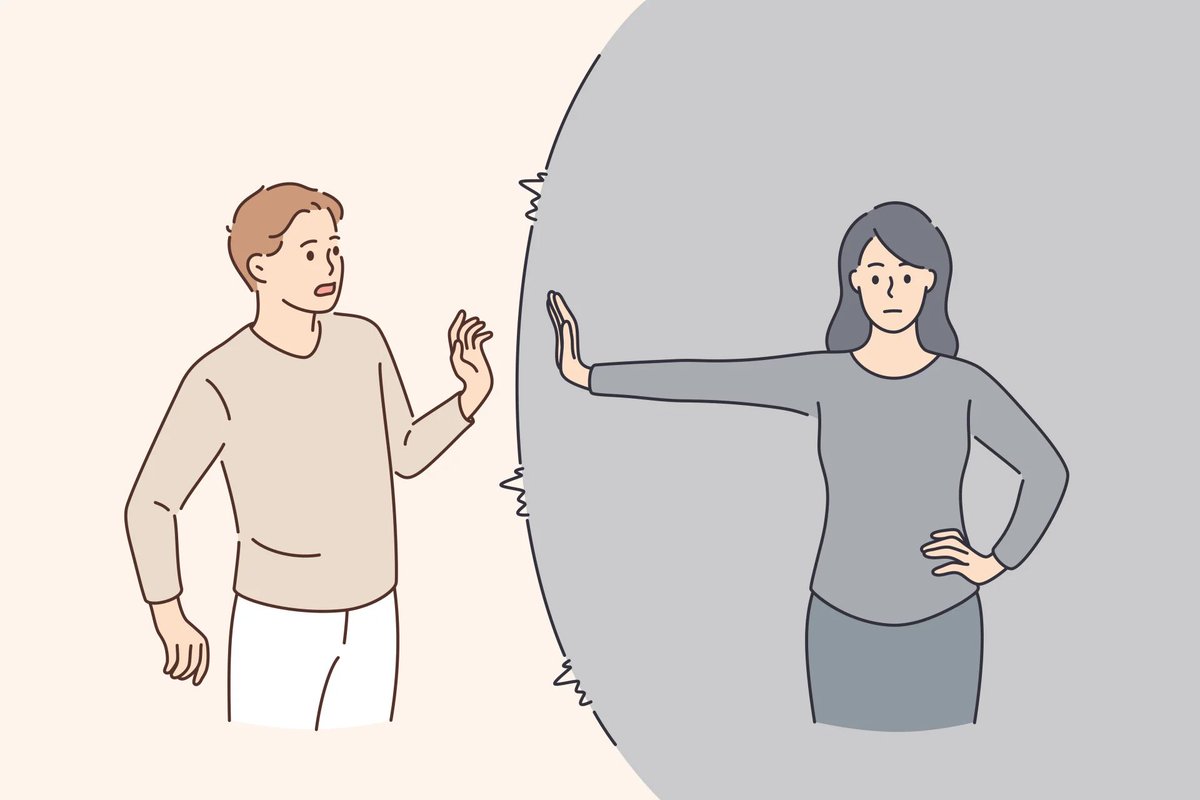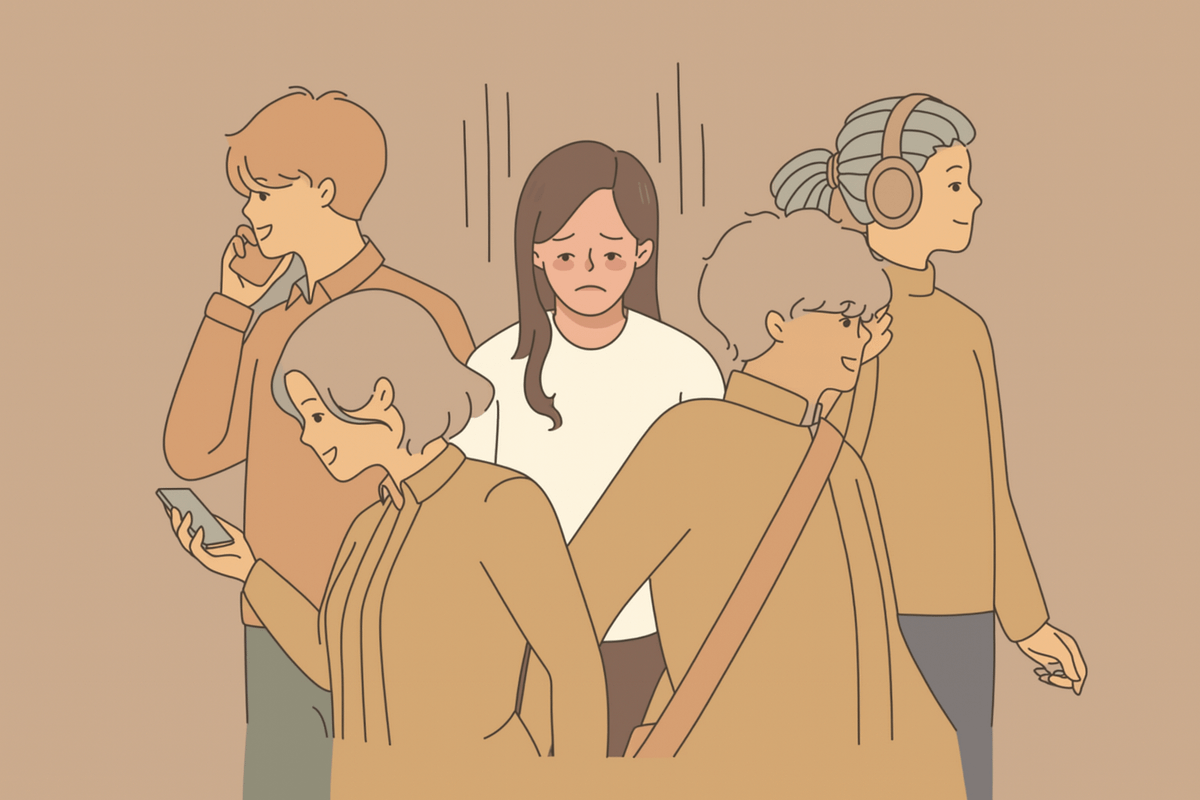"Brain Rot" just won Oxford Dictionary's 2024 Word of the Year.
Not because it's trendy.
But because it's happening to more people every day.
Here's what experts say is the leading cause of this new epidemic.
(Hint: It's more common than you think):
Not because it's trendy.
But because it's happening to more people every day.
Here's what experts say is the leading cause of this new epidemic.
(Hint: It's more common than you think):

We're living through an unprecedented experiment:
Our brains are processing more information than ever before.
But it's not just the quantity that's the problem.
We've been infected with low-quality content...
Our brains are processing more information than ever before.
But it's not just the quantity that's the problem.
We've been infected with low-quality content...
The symptoms are subtle at first:
• Difficulty remembering basic information
• Shortened attention spans
• Chronic anxiety and restlessness
• Inability to focus on complex tasks
But the long-term effects are devastating...
• Difficulty remembering basic information
• Shortened attention spans
• Chronic anxiety and restlessness
• Inability to focus on complex tasks
But the long-term effects are devastating...
Research shows excessive phone use changes the structure of your brain.
These changes occur in areas responsible for:
• Decision making
• Impulse control
• Complex thinking
But there's an even bigger problem:
These changes occur in areas responsible for:
• Decision making
• Impulse control
• Complex thinking
But there's an even bigger problem:
When was the last time you read a book for hours?
Or had a deep conversation without checking your phone?
Those are skills, and they're disappearing.
Here's how it happens:
Or had a deep conversation without checking your phone?
Those are skills, and they're disappearing.
Here's how it happens:
Your brain isn't just losing focus...
It's less effective at building new neural connections - the very thing that makes learning and growth possible.
Think of it like muscle atrophy, but for your mind.
The less you use certain cognitive functions, the weaker they become.
It's less effective at building new neural connections - the very thing that makes learning and growth possible.
Think of it like muscle atrophy, but for your mind.
The less you use certain cognitive functions, the weaker they become.
But the damage goes beyond individual brains.
We're seeing a collective shift:
• Decreased empathy
• Shorter emotional attention spans
• Reduced ability to process complex information
This creates a dangerous feedback loop:
We're seeing a collective shift:
• Decreased empathy
• Shorter emotional attention spans
• Reduced ability to process complex information
This creates a dangerous feedback loop:
The more our brains rot, the more we crave shallow, dopamine-triggering content.
The more of that content we consume, the further our brains deteriorate.
It's a vicious cycle that's reshaping human consciousness.
But there's hope. Here's how to reverse it:
The more of that content we consume, the further our brains deteriorate.
It's a vicious cycle that's reshaping human consciousness.
But there's hope. Here's how to reverse it:
1. Digital Nutrition
Just like food, content has different nutritional values.
Start tracking your "information diet":
• How much time do you spend on shallow vs. deep content?
• What percentage of your reading is reactive vs. proactive?
• When was the last time you finished a long-form article?
Just like food, content has different nutritional values.
Start tracking your "information diet":
• How much time do you spend on shallow vs. deep content?
• What percentage of your reading is reactive vs. proactive?
• When was the last time you finished a long-form article?

2. Cognitive Exercise
Your brain needs regular workouts:
• Read physical books (30 mins/day)
• Practice single-tasking (focus on one thing at a time)
• Engage in deep conversations without a phone in sight
• Write by hand to strengthen neural pathways
Your brain needs regular workouts:
• Read physical books (30 mins/day)
• Practice single-tasking (focus on one thing at a time)
• Engage in deep conversations without a phone in sight
• Write by hand to strengthen neural pathways
3. Information Fasting
Schedule regular "digital detoxes":
• No screens for the first hour after waking
• One full day per week without social media
• Regular "deep work" sessions without interruptions
Your brain needs time to process and integrate information.
Schedule regular "digital detoxes":
• No screens for the first hour after waking
• One full day per week without social media
• Regular "deep work" sessions without interruptions
Your brain needs time to process and integrate information.
4. Social Connection
Real human interaction is vital for brain health. Studies show it will:
• Buffer the effects of stress
• Reduce cognitive decline
• Promote neural growth
But here's the key:
Real human interaction is vital for brain health. Studies show it will:
• Buffer the effects of stress
• Reduce cognitive decline
• Promote neural growth
But here's the key:

These interactions must be face-to-face.
Virtual communication doesn't provide the same neurological benefits.
Your brain needs the full sensory experience of human interaction to maintain healthy function.
This is a non-negotiable for cognitive health...
Virtual communication doesn't provide the same neurological benefits.
Your brain needs the full sensory experience of human interaction to maintain healthy function.
This is a non-negotiable for cognitive health...
The future is both exciting and terrifying.
We're the first generation to face this level of cognitive assault.
Own your place on the front lines.
The choice is yours: Will you let your brain rot, or will you fight for it?
We're the first generation to face this level of cognitive assault.
Own your place on the front lines.
The choice is yours: Will you let your brain rot, or will you fight for it?
Ready to reclaim 2+ hours of your life every day by scrolling less?
Download Roots and join the thousands of people already taking their lives back:
getroots.app
Download Roots and join the thousands of people already taking their lives back:
getroots.app
Video credits:
YT link: youtube.com/watch?v=H86iO0…
YT link: youtube.com/watch?v=Po4FCq…
YT link: youtube.com/watch?v=-kT5yv…
IG link: instagram.com/kristheorin/
YT link: youtube.com/watch?v=H86iO0…
YT link: youtube.com/watch?v=Po4FCq…
YT link: youtube.com/watch?v=-kT5yv…
IG link: instagram.com/kristheorin/
• • •
Missing some Tweet in this thread? You can try to
force a refresh









